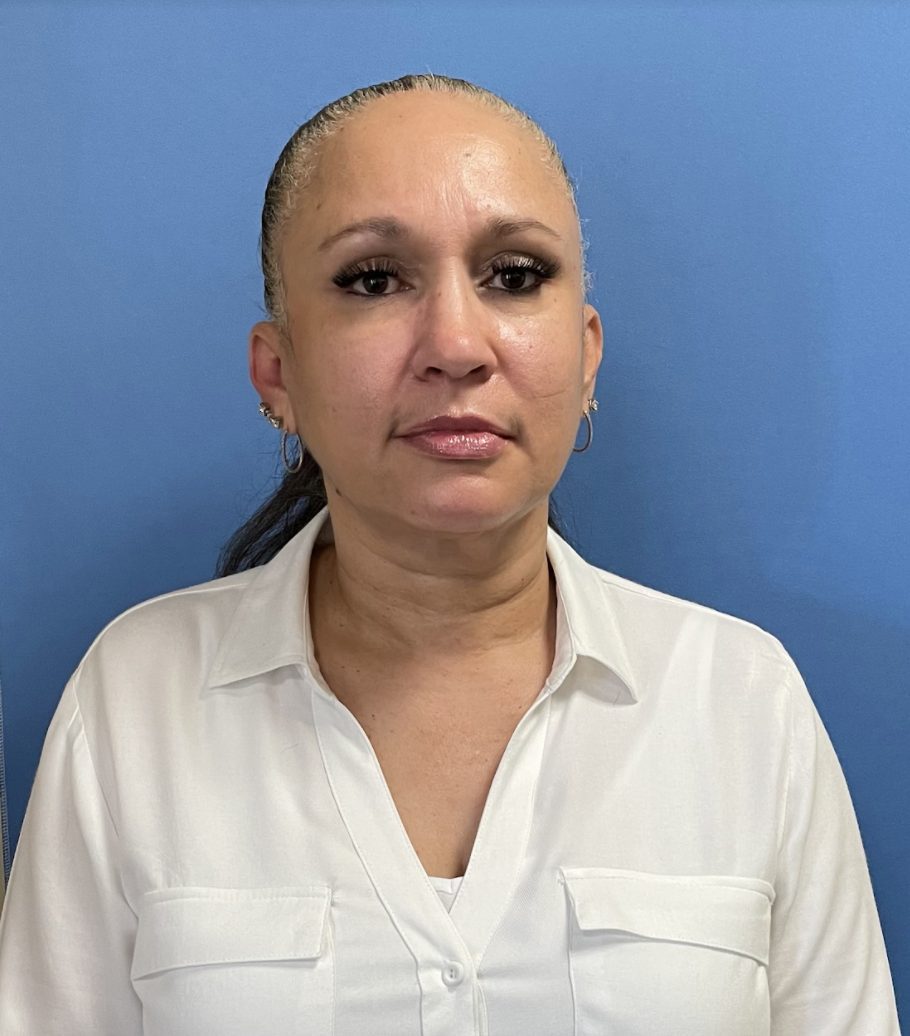
Coast legislative delegation, Insurance Commissioner Chaney worry that the diversion of funds will result in higher rates, less stability.
Since its creation and subsequent revisions in 2007 following Hurricane Katrina, the Mississippi Windstorm Underwriting Association, known as the wind pool, has had legislative appropriators seeing dollar signs despite the fact that it is not a state agency.
In more sessions than not, lawmakers have routinely attempted to divert or sweep moneys generated from associated fees intended to stabilize the wind pool to fund other unrelated budget items. In the past, funds collected by the wind pool have been diverted to the capital improvement fund and even to purchase fire trucks.
If the Mississippi Senate has their way in SB 2450, it will happen once again this year, this time using the dollars meant for the wind pool to buoy a dwindling State and School Employees’ Insurance Fund, a self-insured state fund that provides for life and health insurance to employees of state agencies, local school districts, colleges, universities, community/junior colleges and public libraries through employee paid premiums and legislative appropriation.
The wind pool was first established in the 1987 session of the Mississippi Legislature to provide a method whereby an adequate market for windstorm and hail insurance could be provided in Coastal Mississippi. It was revised in 2007 following the devastation of Hurricane Katrina in 2005, essentially as a means to provide insurance coverage to those in the lower six counties at a time when private insurance companies refused to write policies on the Coast. Rates were soaring to a level where homeowners and businesses could not afford to rebuild and redevelop the area, some seeing an increase of over 250%.
In an effort to normalize the market and allow for the Coastal area to rebound, the Legislature, under urging from former Governor Haley Barbour and Coast leaders, revised the wind pool funding structure, providing for more sustainable revenue streams other than relying only on premiums. One of those sources of revenue was a 5% fee assessed on non-admitted carriers, or surplus lines insurance providers, statewide that goes towards the wind pool.
By definition, non-admitted insurance carriers are not licensed by the state. However, these companies are allowed to write policies in the state. By comparison, admitted carriers are licensed with the Mississippi Department of Insurance. The non-admitted carriers normally write what are called surplus lines, policies related to higher financial risks, including in high hurricane prone areas. Other examples of these surplus lines include insuring a building on the edge of a cliff, homes or businesses in an earthquake prone area, or a highly valued baseball pitcher’s arm.
The assessed fee on non-admitted carriers has been reduced over time, dropping from 5% to 3%. It generates roughly $15-18 million annually. Since it is assessed on these non-admitted carriers on a statewide basis instead of only in the lower six counties, some lawmakers and state elected officials believe it is fair game to divert or sweep these funds away from their intended purpose of stabilizing the wind pool, setting up a Coast delegation versus everyone else fight.

In a Senate floor debate recently related to SB 2450 prior to its passage, Senator Walter Michel (R), chairman of the Senate Insurance Committee, said as of 2020, 59% of the surplus lines are written outside of the six lower counties. State Senator Jeremy England (R) challenged the chairman on that number, saying more recent data shows that over 50% of those fees come from the lower six counties.
Senator Michel told his colleagues that the wind pool’s fund balance has grown over the years, increasing from $250 million in 2014 to nearly $360 million in 2021.
These assets are what is on hand to pay claims and to purchase reinsurance. Michel said SB 2450 would only allow the diversion of the non-admitted fees to the State and School Employees’ Insurance fund as long as the wind pool balance remains above $250 million, the number he and those in the Senate leadership believe to be adequate for the wind pool to fulfill its mission.
According to Senator Michel, annual wind pool premiums and fees, other than the non-admitted fees the bill would divert, result in nearly $40 million, which is mostly collected from South Mississippi.
In defense of the bill, Senator Michel compared the wind pool’s fund balances with that of the State and School Employees Insurance Fund. According to Michel, that state funded, self-insured plan has steadily dwindled even with a recent 6% premium increase. He told senators that in 2015 the fund had $274 million on hand to pay claims. It has declined by roughly $30 million each year, leaving it with $68 million in unobligated funds to pay claims today. The biggest hit to the fund came in 2021 as a result of COVID, Michel said, reducing the fund by $55 million.
Senator Michel also blamed the Biden Administration’s recent mandate for added expense on the state employees’ insurance fund. The federal action is forcing such plans to cover eight COVID tests per family per month. He said that could cost the State and School Employees’ Insurance Fund between $5-10 million annually.
However, there exists no logical correlation between a non-state agency having the ability to assess a fee on non-admitted insurance carriers to stabilize the wind pool and those fees going to a state public employee life and health insurance fund. In theory, if the Legislature does want the wind pool to get those funds, the non-admitted fee collection allowance should not be in the statutes associated with the wind pool. The Legislature can provide those funds in the statutes related to their entity of choice that would be receiving the money instead of using the wind pool as an excuse to raise the funds and then diverting them elsewhere for unrelated purposes.
The Coast delegation has been adamantly opposed to any legislative action that would destabilize the wind pool. Diverting monies away from the wind pool to fund other unrelated budget lines could result in increased rates, both as it relates to the purchase of reinsurance and for ratepayers. It could also affect the state’s exposure should another major natural disaster occur, such as Hurricane Katrina. All of this would likely be seen and felt the most within the lower six counties.
Insurance Commissioner Mike Chaney agrees. He is not a fan of this attempt to divert the wind pool moneys to the state employees’ insurance fund. He is at odds with Lt. Governor Delbert Hosemann and the Senate backers of SB 2450.
“I do not agree with what the Lieutenant Governor and the Senate want to do with the wind pool funds,” Chaney told Y’all Politics on Monday. “Those fees should be used for what they were collected for, to stabilize rates across the state.”
As for the Mississippi Windstorm Underwriting Association, otherwise known as the wind pool board, Senator Michel was asked on the Senate floor what their stance was on this diversion attempt. He told colleagues that the wind pool board’s stance has been that they will do the best with what the Legislature gives them. While that is accurate given the public balance the wind pool board must find when speaking to the issue with lawmakers, there is no denying that the non-admitted carrier fees have been a part of what has ensured that the wind pool remains stable and able to fill the gap left on the Coast.
“Those funds [the non-admitted carrier fees] have helped to keep pricing stable,” Joe Shumaker told Y’all Politics on Tuesday. Shumaker is the manager of the Underwriting Association.
Further, the chairman of the wind pool board, Scott Lemon, sent a letter to Senate leaders in January (shown below) after their position on the matter was sought by Commissioner Chaney. Lemon writes to Senator Michael that the board’s position is that the entire non-admitted carrier fee should go to the wind pool “as per the original legislative purpose and intent.” The wind pool board chairman states that if the Legislature does divert the funds, they will “take any necessary actions to ensure that it has actuarily sound policyholder premiums and that it has sufficient funds to pay all policyholder claims and expenses.”
SB 2450 passed the Senate with a vote of 38-13. Nearly all of the Coastal Senators voted against the bill, with Senators England, Brice Wiggins, Mike Thompson, Scott DeLano, and Philip Moran among those questioning Chairman Michel and expressing concerns.
Senator Wiggins, who is also running for the 4th Congressional District seat in South Mississippi, told Michel that wind insurance rates on the Coast continue to be high, adding that flood insurance rates are also increasing. He said it would make more sense to use the non-admitted carrier fees to offset those flood rates than diverting them in the manner SB 2450 does.
“South Mississippi citizens continue to suffer under the weight of insurance costs,” Wiggins told Y’all Politics following the Senate debate. “Inaction and a lack of leadership at the federal level have allowed flood insurance rates to skyrocket. Raiding the wind pool further harms us. Unlike our D.C. representation, I am willing to stand up and fight for us to be treated fairly and to put money back in our pockets.”

SB 2450 now rests in the House where it has been assigned to Rep. Hank Zuber’s Insurance Committee. The chairman, a Coast Republican, who has been vocal about supporting the wind pool’s stabilization in the past, will likely seek to amend the Senate bill before bringing it to the House floor for consideration. Doing so could result in the two chambers going to conference on the issue.
Zuber filed his own version of a bill related to the non-admitted carrier fees, basically removing the repealer and keeping all other provisions the same as they are now. That bill (HB 451) passed the House 115-3 but it has not been taken up in the Senate as of yet. It could conceivably die in Michel’s Senate committee.
If nothing is done and the bills are allowed to die, the non-admitted carrier fee could go away, resulting in the wind pool losing up to $18 million annually.
You can read the full letter from the wind pool to Senator Michel below:
Wind Pool Letter to Mississippi Senate by yallpolitics on Scribd












